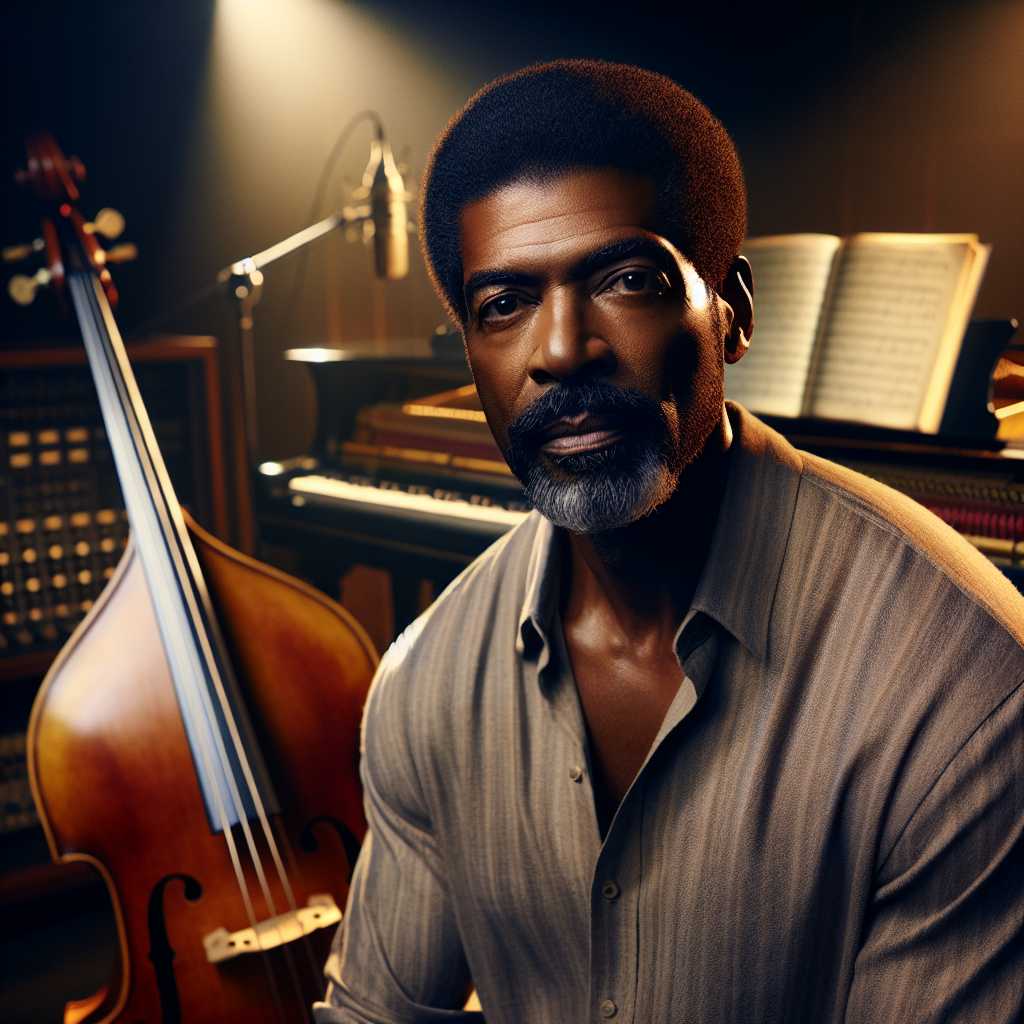Example Article
Malcolm-Jamal Warner: From Child Star to Cultural Icon
Malcolm-Jamal Warner first captured the public’s attention as the beloved Theo Huxtable on the groundbreaking television show "The Cosby Show," which aired from 1984 to 1992. His portrayal of a thoughtful, intelligent African American teenager was pivotal in shifting the narrative around Black families on mainstream television. Unlike many shows before it, "The Cosby Show" presented an affluent, educated Black family, challenging stereotypes and offering a new cultural paradigm. Warner’s nuanced performance contributed significantly to this positive representation.
Beyond his role as Theo, Warner’s career trajectory exemplifies versatility and longevity. Transitioning from child actor to adult performer is notoriously difficult, yet he managed to maintain relevance through diverse roles in drama, comedy, and voice acting. This adaptability reflects not only his talent but also a keen understanding of the evolving entertainment landscape.
Warner’s influence extends beyond acting; he has ventured into directing, producing, and music. These pursuits highlight his multifaceted artistry and commitment to storytelling in various forms. His journey underscores how child actors can redefine their careers while staying connected to cultural roots and social impact.
The Role of ‘The Cosby Show’ in Shaping African American Media Representation
"The Cosby Show" was more than just a sitcom; it was a cultural milestone that reshaped how African American families were portrayed on television. Prior to its debut, Black characters were often relegated to supporting roles or stereotypical portrayals. The Huxtables’ depiction as a successful family with professional parents and well-rounded children offered audiences a refreshing and aspirational image.
Malcolm-Jamal Warner’s character, Theo, was particularly significant because he embodied the struggles and triumphs of Black youth during the 1980s. His storylines addressed academic challenges, peer pressure, and self-esteem issues, resonating with many viewers. This layered representation contributed to the show’s broad appeal across racial lines.
Furthermore, the success of "The Cosby Show" paved the way for future African American-led series such as "Family Matters," "Fresh Prince of Bel-Air," and "Black-ish." Warner’s role helped establish a blueprint for complex characters who defied simplistic categorisation. The show’s cultural impact remains influential decades later in conversations about diversity and representation in media.
Malcolm-Jamal Warner’s Contributions Beyond Acting: Music and Advocacy
In addition to his acting career, Malcolm-Jamal Warner has made notable contributions as a jazz musician and producer. His passion for music is deeply intertwined with his artistic identity, showcasing another dimension of his creative expression. He has released jazz albums where his work as a bassist and vocalist has been praised for its authenticity and skill.
Warner’s engagement with music is not merely a side project but a serious artistic pursuit that complements his storytelling ethos. Jazz, with its rich history rooted in African American culture and improvisation, aligns with Warner’s commitment to exploring identity through art. His involvement helps keep jazz relevant among younger audiences who may be more familiar with contemporary genres.
Moreover, Warner is active in advocating for social justice and educational initiatives. Leveraging his platform, he supports programmes aimed at empowering youth through arts education. His advocacy work reflects an understanding that representation extends beyond screen time—it encompasses opportunities for real-world influence and change.
Legacy and Future Prospects: Malcolm-Jamal Warner in Contemporary Culture
Looking ahead, Malcolm-Jamal Warner continues to engage with new media formats such as podcasts and streaming series, demonstrating an adaptability crucial for sustained relevance in today’s entertainment ecosystem. His recent projects often explore themes of identity, family dynamics, and social issues—topics he has long championed.
Warner’s legacy is multifaceted: he is remembered not only for an iconic television role but also as an artist committed to evolving narratives within African American culture. Younger generations recognise him as a pioneer who helped open doors while maintaining authenticity amid changing industry demands.
In conclusion, Malcolm-Jamal Warner exemplifies how an individual can transcend early typecasting to become a cultural influencer across multiple platforms. His career offers valuable insights into the intersections of media representation, artistic versatility, and social advocacy—elements that continue to shape African American media presence today.
Notes
- Malcolm-Jamal Warner began playing Theo Huxtable at age 14 on ‘The Cosby Show.’
- ‘The Cosby Show’ was one of the highest-rated TV programmes during its run from 1984-1992.
- Warner released jazz albums showcasing his skills as bassist and vocalist.
- He has actively supported arts education initiatives focused on empowering youth.

